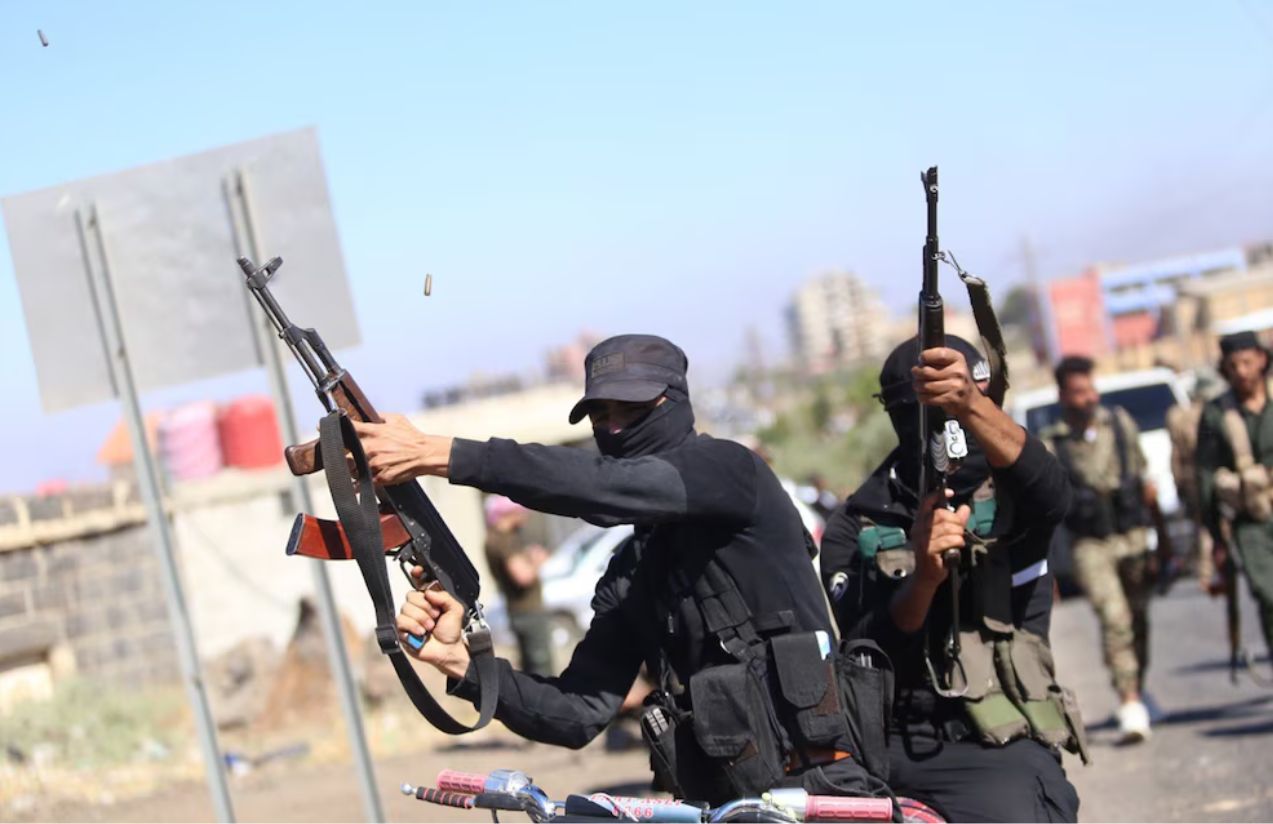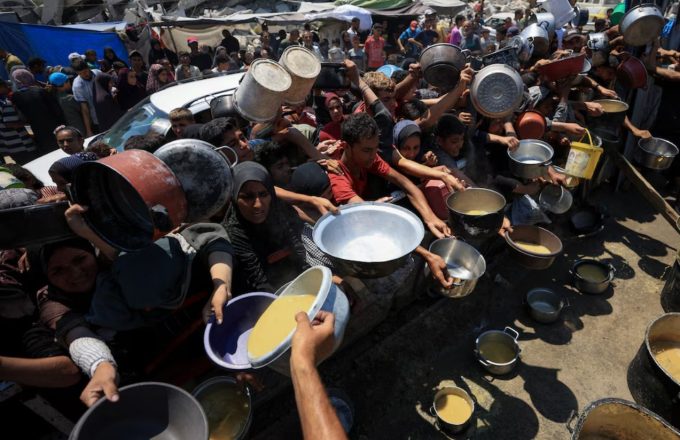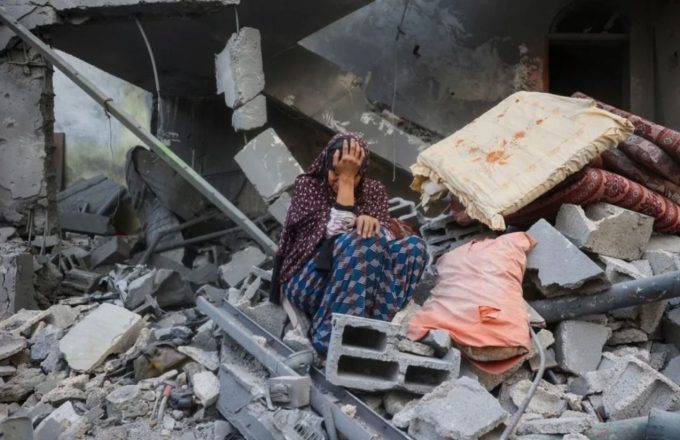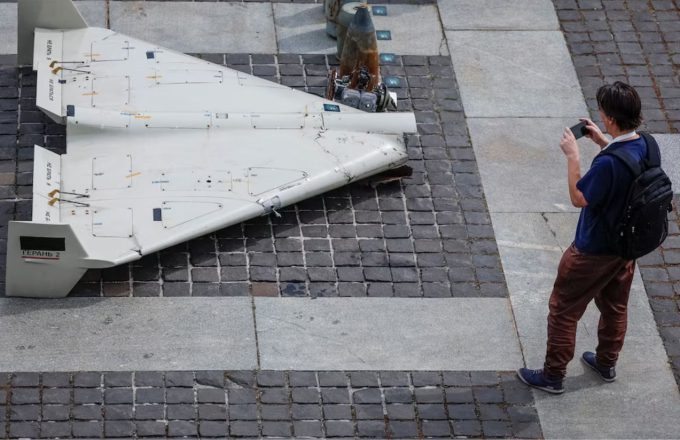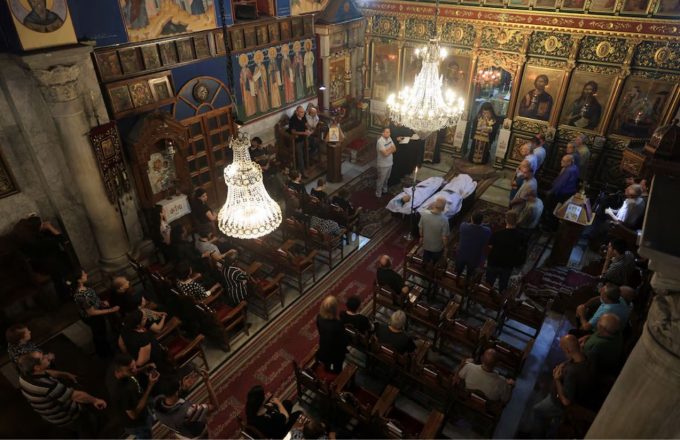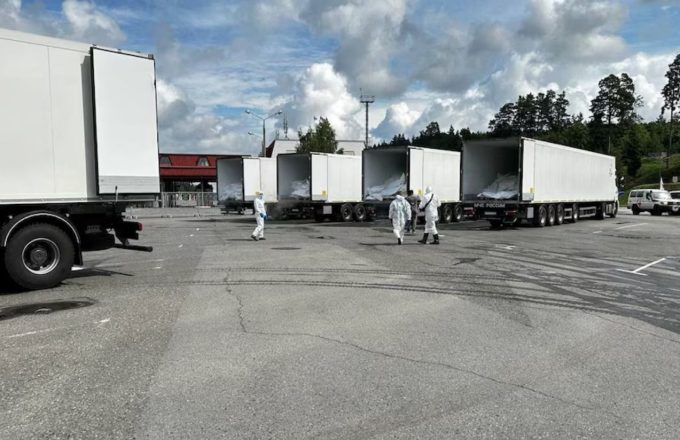The Syrian army began its withdrawal from the southern city of Sweida on Wednesday, following several days of intense clashes and a wave of Israeli airstrikes on Damascus. According to a statement from the Ministry of Defense, the move complies with an agreement reached between the involved parties, with mediation from the United States, which had explicitly called for government forces to leave the area, home to a majority Druze population.
“The army has begun withdrawing from the city of Sweida in accordance with the agreement, after completing a cleansing operation against outlaw groups,” the Ministry said in its official statement. However, it did not clarify whether other security forces deployed on Tuesday to monitor a previous truce would also take part in the withdrawal.
Government sources indicated that the pullback is part of the ceasefire announced earlier in the day, aimed at halting hostilities that, since Sunday, have left over 300 people dead, according to the Syrian Observatory for Human Rights (SOHR). The truce also establishes a monitoring committee made up of government officials and Druze religious leaders, tasked with ensuring compliance with the ceasefire.
Despite the ceasefire announcement, witnesses reported hearing gunfire in the city. The SOHR reported that among the victims were at least 27 Druze civilians who were allegedly summarily executed, along with local fighters and government troops.
The violence erupted after clashes between regime forces, Druze militants, and Bedouin tribes in a cycle of attacks and reprisals across Sweida province. According to the SOHR, the conflict was sparked by the kidnapping of a Druze merchant. Syrian authorities have announced investigations and pledged to punish those responsible for what they described as “atrocious acts.”
The United States, a key ally of Israel and a central figure in the recent negotiations, confirmed that a deal had been reached to restore calm in Sweida and urged all parties to uphold their commitments. Secretary of State Marco Rubio expressed concern over the Israeli airstrikes and called on Damascus to withdraw its troops to enable de-escalation.
Earlier on Wednesday, Israel ramped up its air offensive with new strikes on the capital. Footage showed damage to a Ministry of Defense building in Damascus and plumes of smoke rising in the area. The Israeli military confirmed targeting a site near the presidential palace. Strikes were also reported near the Mazzeh military airport, where at least three people were killed and 34 injured, according to Syria’s Interior Ministry.
Israeli Defense Minister Israel Katz issued a direct warning to Damascus, demanding that it stop its actions against the Druze minority in Sweida and threatening further military action if Syrian troops did not pull back. Syria’s Foreign Ministry denounced the airstrikes as a “serious escalation,” while Israel’s army chief insisted the operations were “measured and responsible.”
The recent conflict in Sweida revives long-standing tensions between Druze and Bedouin communities in southern Syria, where recent clashes add to a history of sectarian violence. Between April and May, over 100 people were killed in fighting between Druze militias and government forces in Sweida and the outskirts of Damascus.
The Druze community has historically maintained a tense relationship with the Syrian regime, often accusing authorities of neglect during episodes of sectarian violence. Since the fall of former president Bashar al-Assad in December, the balance of power has shifted dramatically. Israel, meanwhile, has increased its military presence in the Golan Heights, occupying the demilitarized zone and carrying out hundreds of strikes inside Syria. According to Israeli authorities, these actions are justified by the need to protect the Druze population and prevent Syrian forces from advancing toward the shared border.


